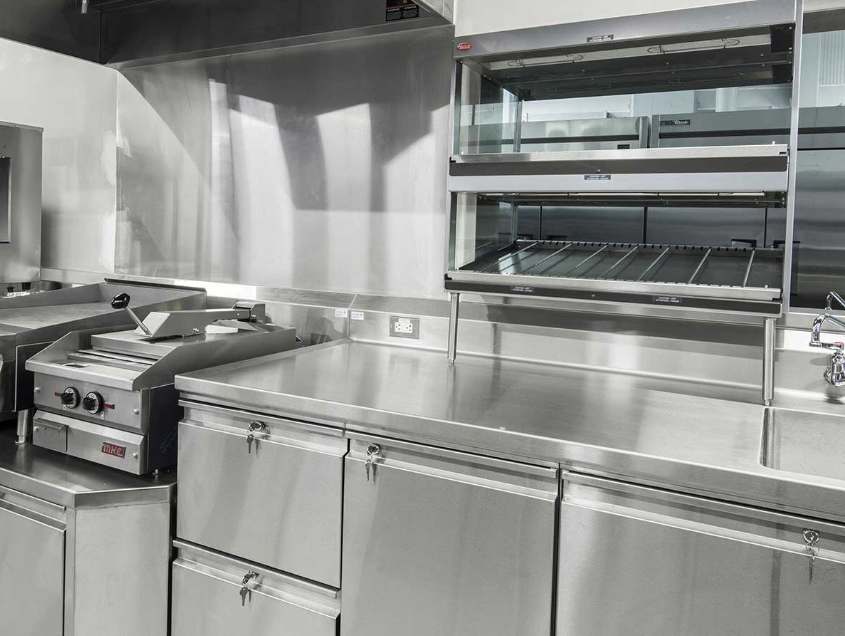In the bustling world of commercial kitchens, efficiency and reliability are paramount. Whether you’re running a restaurant, catering business, or food manufacturing facility, having the right kitchen industrial equipment is essential for success. From cooking appliances to food preparation tools, this comprehensive guide will provide you with everything you need to know about choosing and utilizing the best equipment for your kitchen.
Understanding Kitchen Industrial Equipment
Before diving into specific types of equipment, it’s essential to understand what constitutes kitchen industrial equipment. These are heavy-duty appliances and tools designed for commercial use in food service establishments. Unlike standard home kitchen equipment, industrial-grade equipment is built to withstand high-volume usage and rigorous demands, making it ideal for professional kitchens.
Types of Kitchen Industrial Equipment
- Cooking Appliances: Industrial kitchens often rely on powerful cooking appliances such as commercial stoves, ovens, grills, and fryers to prepare large quantities of food efficiently. These appliances come in various sizes and configurations to suit different cooking needs and production levels.
- Food Preparation Equipment: Food preparation is a crucial aspect of any kitchen operation. Industrial-grade food processors, slicers, mixers, and blenders help streamline food preparation tasks, saving time and labor while ensuring consistency and quality in the final product.
- Refrigeration and Storage: Proper refrigeration and storage are essential for maintaining food safety and freshness in a commercial kitchen. Industrial refrigerators, freezers, and walk-in coolers provide ample storage space and precise temperature control to keep perishable ingredients and prepared foods at optimal conditions.
- Dishwashing Equipment: Keeping dishes, utensils, and cookware clean and sanitized is essential for maintaining hygiene standards in a commercial kitchen. Industrial dishwashers, dish racks, and sanitizing stations help streamline the dishwashing process and ensure compliance with health and safety regulations.
- Ventilation Systems: Industrial kitchens produce a significant amount of heat, smoke, and grease during cooking operations. Robust ventilation systems, including hoods, exhaust fans, and ductwork, help remove airborne contaminants and maintain a clean and comfortable working environment for kitchen staff.
Conclusion
In conclusion, investing in high-quality kitchen industrial equipment is essential for optimizing efficiency, productivity, and food quality in commercial kitchens. By understanding the different types of equipment available and choosing the right tools for your specific needs, you can elevate your kitchen operations and set your business up for success. Whether you’re outfitting a new kitchen or upgrading existing equipment, prioritize durability, performance, and safety to ensure long-term success in the culinary industry.



